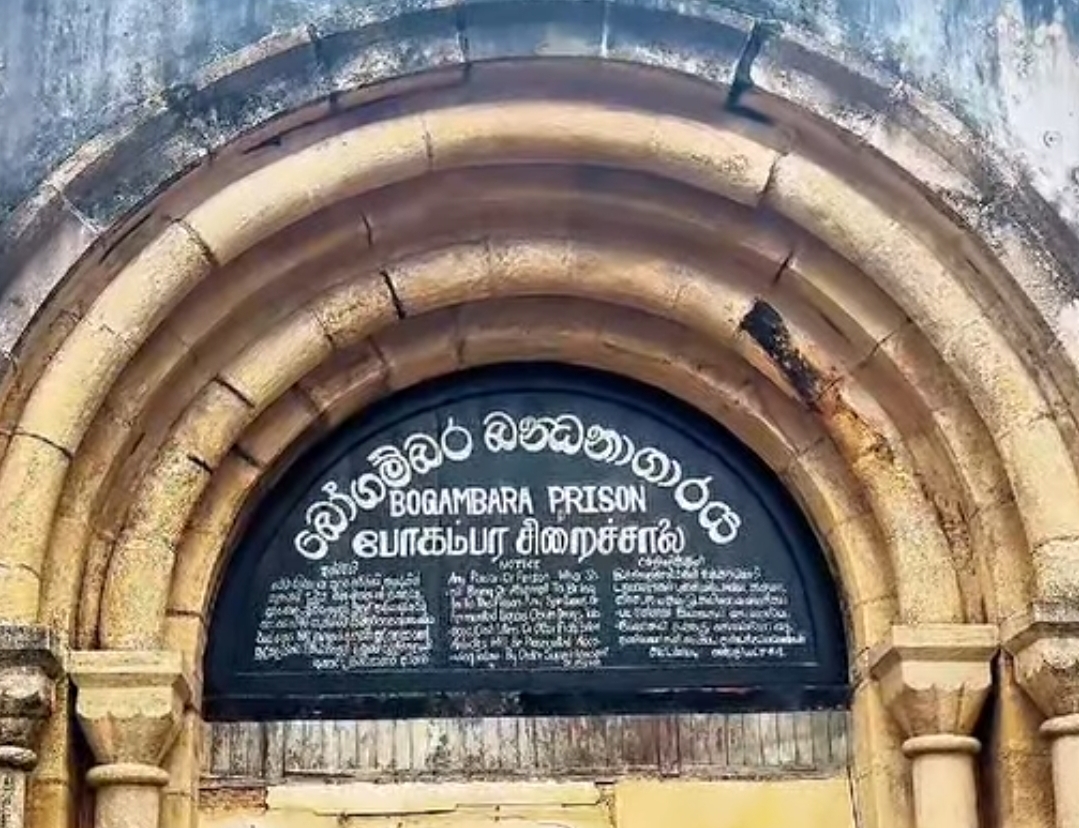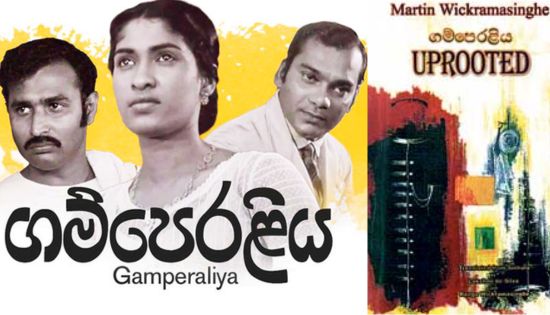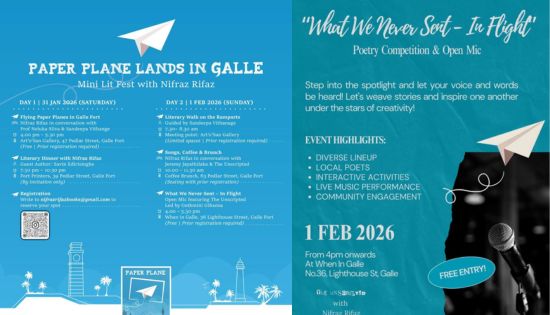University Admissions and Z-Score Cutoffs in Sri Lanka

Getting into a state university in Sri Lanka is a dream for many students. After finishing the G.C.E. Advanced Level (A/L) exams, students hope to enter public universities to study for free. But the competition is very high, and the most important factor in university selection is something called the Z-score.
What is the Z-Score?
The Z-score is a number that helps compare students who did different A/L subject combinations. It is not the same as your raw marks or grades. Instead, the Z-score shows how well you did compared to others in your same subject stream.
For example:
- If you did A/Ls in the science stream, your Z-score will be compared only with other science students.
- If you are in the commerce or arts stream, your Z-score is compared with students in those streams.
This way, even if some subjects are harder than others, the Z-score makes the system fair for everyone.
Why is the Z-Score Important?
The Z-score decides:
- If you qualify for university
- What course you can study (like medicine, engineering, law, arts, etc.)
- Which university you can go to
Higher Z-scores mean better chances of getting into popular courses and top universities.
University Admission Process
Here is a step-by-step look at how the system works:
- Sit for the A/L exam
- Students do 3 main subjects and General English.
- Receive your results and Z-score
- The Department of Examinations releases A/L results and Z-scores for each subject stream.
- Check minimum Z-score cutoffs
- The University Grants Commission (UGC) publishes Z-score cutoffs for each course at each university. These are the lowest Z-scores accepted for entry.
- Apply through the UGC
- Students must fill out the UGC application, listing their course and university preferences.
- Wait for selection
- If your Z-score meets the cutoff for a course and university, you will receive an offer.
What are Z-Score Cutoffs?
Z-score cutoffs are the minimum Z-scores needed to get into each course. For example:
- To study medicine at Colombo University, you might need a Z-score of 2.000 or more.
- For arts or management programs, the Z-score might be lower.
These cutoffs change every year depending on how many students apply and how well they perform in the A/Ls.
Tips for Students
- Focus on your A/L preparation — every mark counts toward your Z-score.
- Choose subjects you are strong in, as performance in your stream matters.
- Keep track of past Z-score cutoffs to understand the competition.
- Consider applying for private universities or foreign education if your Z-score is not enough for state universities.
The Z-score system may seem confusing at first, but it plays a big role in helping students get into university in a fair way. By understanding how it works and what the cutoffs mean, students and parents can better plan for the future.
Related News
D. S. Senanayake College Marks 59 Years, Reaffirms ‘Country Before Self’ Legacy
"Country Before Self", an immortal slogan entrenched in the heartbeats of every Senanayakian, stands as the guiding principle of D. S. Senanayake…
Read MorePaper Plane Lands in Galle: A Mini Lit Fest with Nifraz Rifaz
Galle Fort is set to welcome a unique literary experience this weekend as Paper Plane Lands in Galle, a two-day mini literature…
Read MoreGateway Expands Fleet to Further Strengthen Its Rowing Programme
Gateway Rowing marked a historic milestone with the acquisition of two state-of-the-art Falcon Racing boats: a quad-four convertible, Dreadnought, and a single…
Read MoreCISD Launches to Transform Sales Education and Build Sri Lanka’s Next Generation of Sales Professionals
Sri Lanka has long produced talented, resilient, and hardworking sales professionals across every major industry. Yet for decades, the sales function—despite being…
Read MoreRead • Watch • Learn
Stories often teach us more than textbooks ever could. This EduWire series explores books, films and series as spaces of learning –…
Read MoreCourses
-

The future of higher education tech: why industry needs purpose-built solutions
For years, Institutions and education agencies have been forced to rely on a patchwork of horizontal SaaS solutions – general tools that… -

MBA in Project Management & Artificial Intelligence – Oxford College of Business
In an era defined by rapid technological change, organizations increasingly demand leaders who not only understand traditional project management, but can also… -

Scholarships for 2025 Postgraduate Diploma in Education for SLEAS and SLTES Officers
The Ministry of Education, Higher Education and Vocational Education has announced the granting of full scholarships for the one-year weekend Postgraduate Diploma… -

Shape Your Future with a BSc in Business Management (HRM) at Horizon Campus
Human Resource Management is more than a career. It’s about growing people, building organizational culture, and leading with purpose. Every impactful journey… -

ESOFT UNI Signs MoU with Box Gill Institute, Australia
ESOFt UNI recently hosted a formal Memorandum of Understanding (MoU) signing ceremony with Box Hill Institute, Australia, signaling a significant step in… -

Ace Your University Interview in Sri Lanka: A Guide with Examples
Getting into a Sri Lankan sate or non-state university is not just about the scores. For some universities' programmes, your personality, communication… -

MCW Global Young Leaders Fellowship 2026
MCW Global (Miracle Corners of the World) runs a Young Leaders Fellowship, a year-long leadership program for young people (18–26) around the… -

Enhance Your Arabic Skills with the Intermediate Language Course at BCIS
BCIS invites learners to join its Intermediate Arabic Language Course this November and further develop both linguistic skills and cultural understanding. Designed… -

Achieve Your American Dream : NCHS Spring Intake Webinar
NCHS is paving the way for Sri Lankan students to achieve their American Dream. As Sri Lanka’s leading pathway provider to the… -

National Diploma in Teaching course : Notice
A Gazette notice has been released recently, concerning the enrollment of aspiring teachers into National Colleges of Education for the three-year pre-service… -

IMC Education Features Largest Student Recruitment for QIU’s October 2025 Intake
Quest International University (QIU), Malaysia recently hosted a pre-departure briefing and high tea at the Shangri-La Hotel in Colombo for its incoming… -

Global University Employability Ranking according to Times Higher Education
Attending college or university offers more than just career preparation, though selecting the right school and program can significantly enhance your job… -

Diploma in Occupational Safety & Health (DOSH) – CIPM
The Chartered Institute of Personnel Management (CIPM) is proud to announce the launch of its Diploma in Occupational Safety & Health (DOSH),… -

Small Grant Scheme for Australia Awards Alumni Sri Lanka
Australia Awards alumni are warmly invited to apply for a grant up to AUD 5,000 to support an innovative project that aim… -

PIM Launches Special Programme for Newly Promoted SriLankan Airlines Managers
The Postgraduate Institute of Management (PIM) has launched a dedicated Newly Promoted Manager Programme designed to strengthen the leadership and management capabilities…
Newswire
-

Once inmates, now tourists? Bogambara Prison opens doors to investors
ON: January 31, 2026 -

February: Fuel price reduced
ON: January 31, 2026 -

India sends 10 more Bailey bridges to Sri Lanka for post-Ditwah rebuilding
ON: January 31, 2026 -

Auditor General decision postponed to February 3 – Minister
ON: January 31, 2026 -

Beijing Capital Airlines launches Direct Flights to Colombo
ON: January 31, 2026









